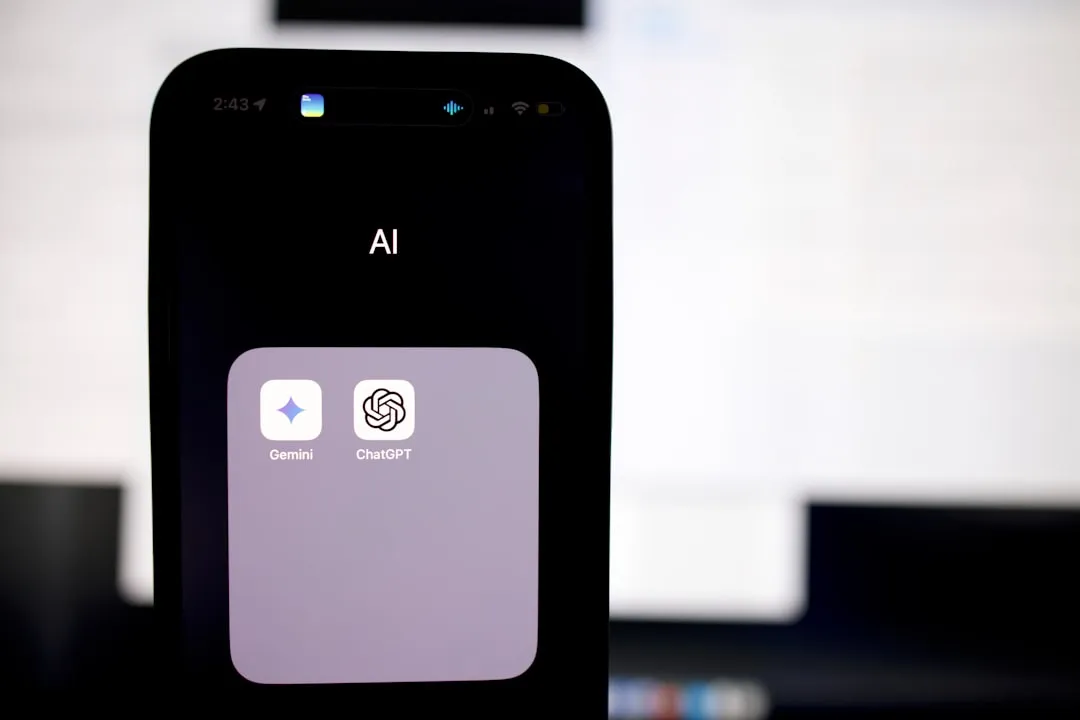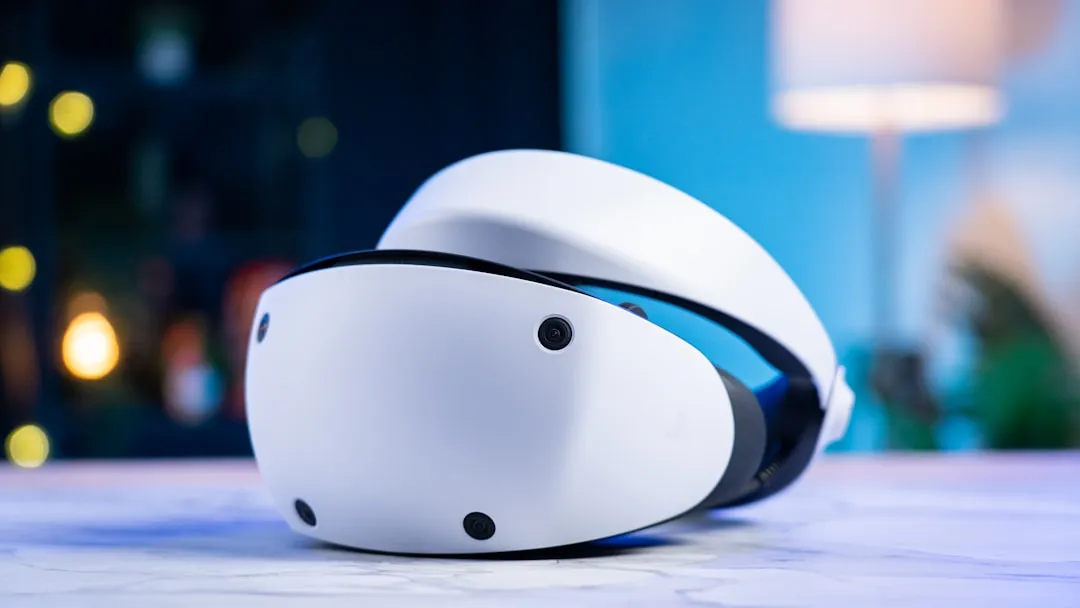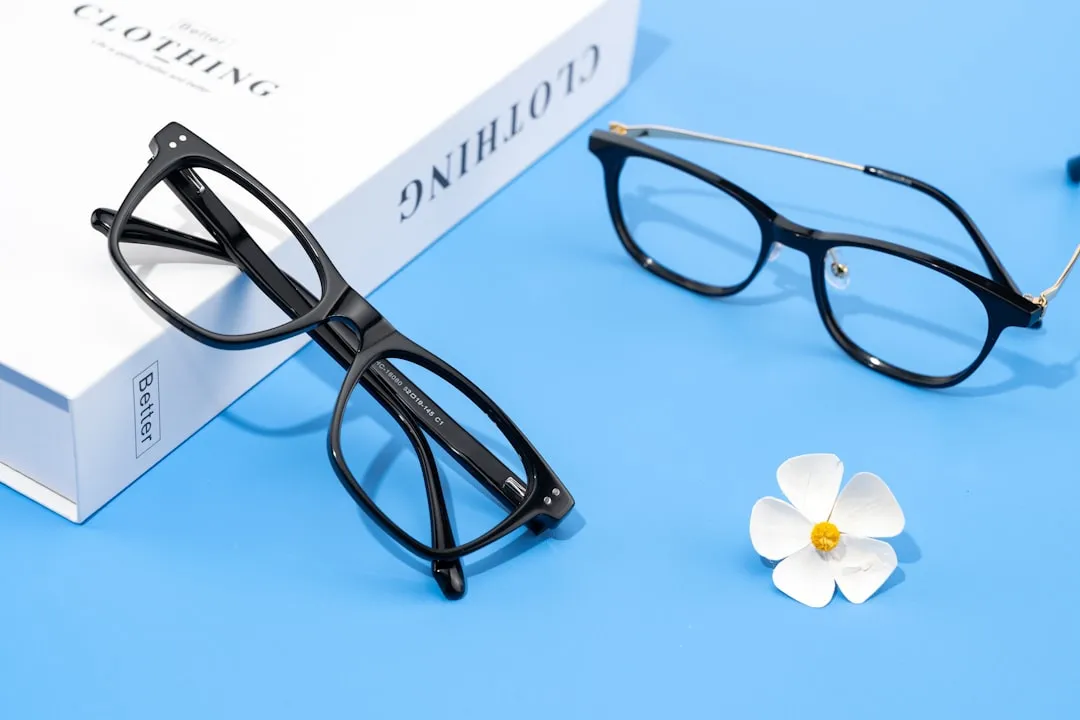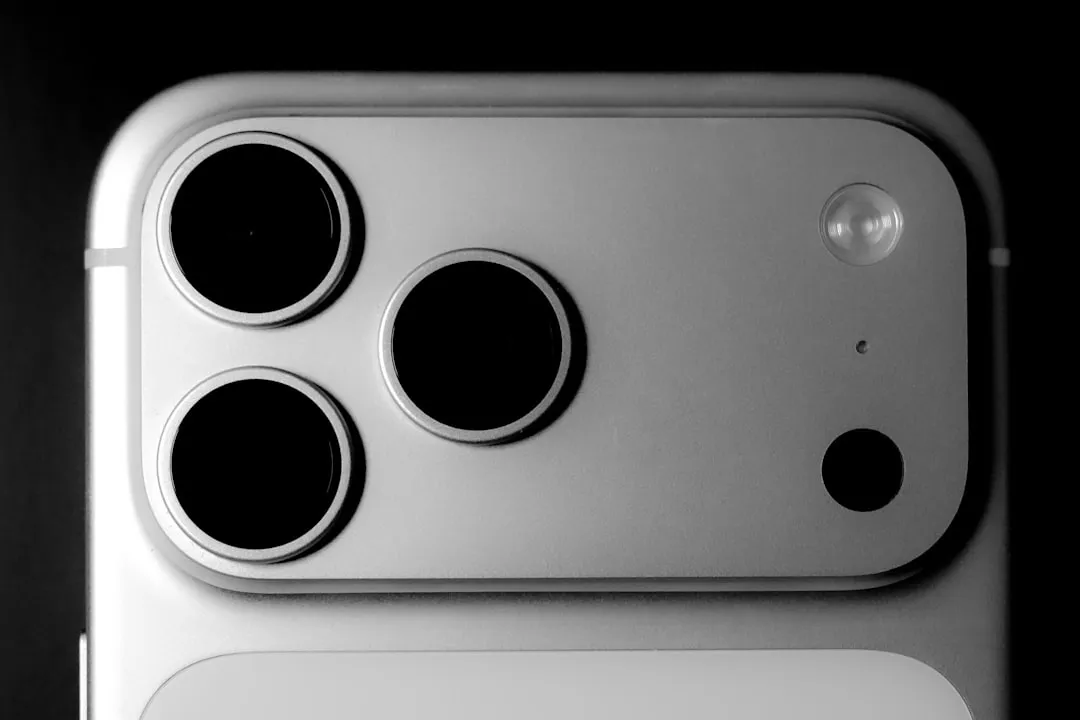Over the past decade, China tech giant Tencent has invested in several companies with varying roles in the augmented reality industry.
Its latest bet backs a startup with some short-term impact related to the COVID-19 pandemic but more future-focused growth potential in the coming AR smartglasses era.
According to a Sky News report, Image Frame Investment, Tencent's venture capital arm, will invest approximately $50 million into UK-based Ultraleap as part of the company's on-going Series D round of funding at a valuation of nearly $240 million.
Emerging from Ultrahaptic's acquisition of Leap Motion, Ultraleap provides sensors and software for gesture recognition and touch-free haptic feedback. The company's technology has found demand during the pandemic, where interfaces that work without touching help prevent spreading the novel coronavirus. Most recently, Ultraleap has established a partnership to bundle its TouchFree system with computers from Simply NUC.
"We've worked hard to get the TouchFree application to market to meet the increasing demand for touchless interaction," Saurabh Gupta, director of OOH product at Ultraleap, in a statement.
The same technology will likely play a role in AR headsets and smartglasses, where hand gestures are a prevalent form of user input. Ultraleap has already integrated its Gemini software into the Varjo XR-3 headset and Qualcomm's Snapdragon XR2 reference design.
Previously, Tencent made a major purchase of stock from Snapchat parent Snap, Inc. and participated in funding rounds for Epic Games and Meta Company (the latter of which also has previously partnered with Ultrahaptics). In addition, Tencent has an indirect investment into Nreal by way of Kuaishou, a Tencent-backed video startup who participated in a funding round for the smartglasses startup.
As a strategic investor into augmented reality, Tencent has become nearly as prolific as Google, which has made its own investments into Magic Leap, Niantic, Ubiquity6, Mojo Vision, CTRL-Labs, Blue Vision, and Resolution Games.
Similarly, Apple has made several large investments into companies like II-IV and Corning who not only supply them with iPhone components but also produce solutions for AR wearables.
Like Google and Apple, Tencent is likely forecasting the future growth potential in augmented reality, from software that creates and delivers AR content to hardware that services as the conduit for AR experiences and interaction. Their vested interest in the future of AR technology is critical to advancing the industry forward towards maturity as the next paradigm in computing.
Cover image via Ultraleap/YouTube


























Comments
Be the first, drop a comment!